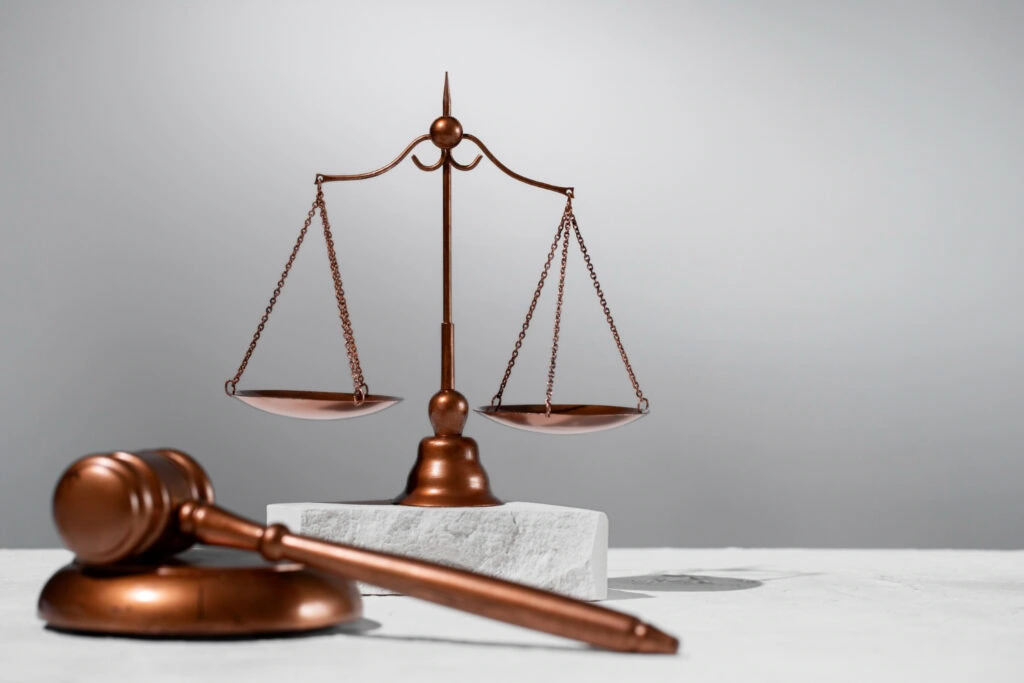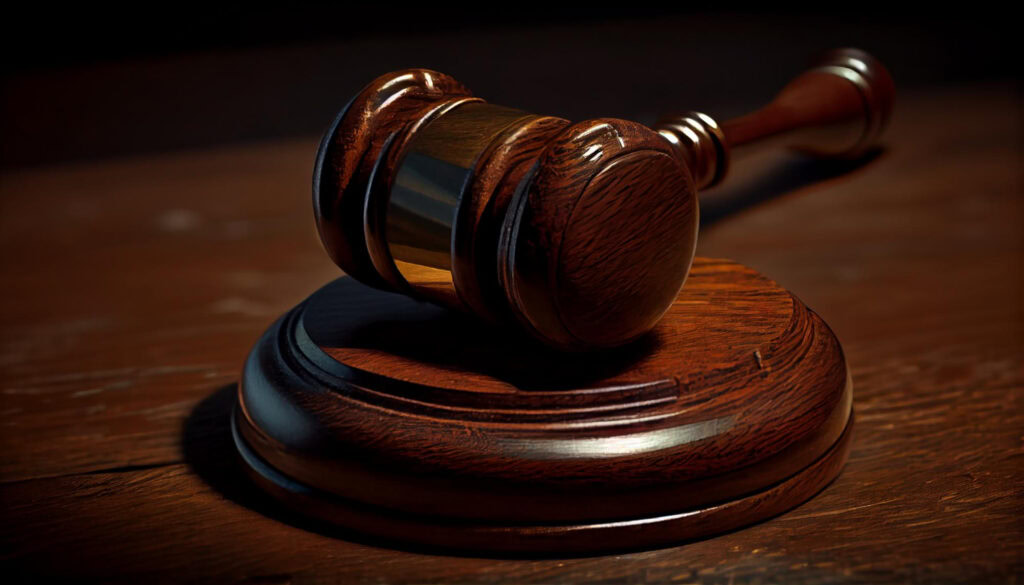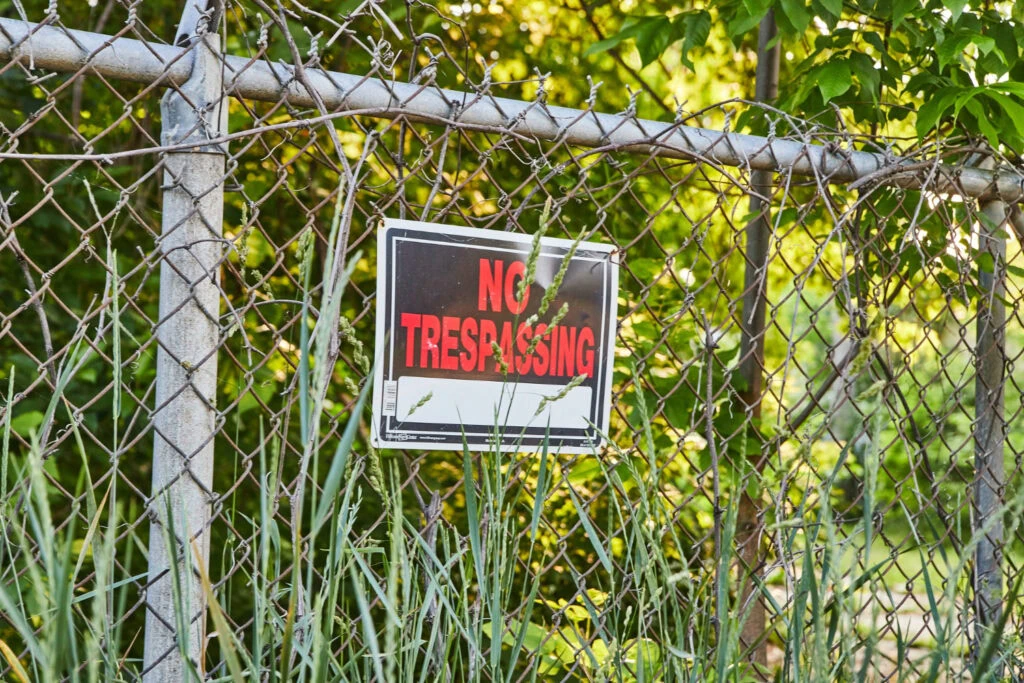When the prosecution brings a case before a judge, they are required to prove to the judge that there is enough evidence against the defendant to have the trial. Without such evidence, the jury will not be able to play its role in determining the guilt or innocence of the defendant.
For this reason, it is the responsibility of the judge to review the evidence and decide whether the case should be dismissed or continued. Should the judge decide to dismiss the case, the judge will dismiss it with or without prejudice.
This article explores what each type of dismissal means for the prosecution and the defendant.
What does dismissed without prejudice mean?
To dismiss a case without prejudice means that the case is dismissed, but the prosecution has the opportunity to refile the case with the court to be tried.
The prosecution must present new or stronger evidence so that they can meet the burden of proof. However, this does not mean that the defendant is not guilty. It only means that the prosecution needs to bring strong evidence that they have a case against the defendant.
Effect on the Statute of Limitations
The Statute of Limitations is the amount of time allocated for a case to be filed with the court. For some charges, such as violent felony crimes, there is no such deadline. Many misdemeanor charges will have a deadline in which the prosecution can file charges against the defendant. The statute of limitations can be as short as two years.
If the Statute of Limitations runs out before they refile the case, the prosecution will not be able to bring their case to trial. If the Statute of Limitations has run out, then the case will be dismissed with prejudice.
What is the difference between being dismissed with or without prejudice?
In our article, “Signs Your Case Will Be Dismissed – A Defense Attorney Explains”, we briefly discussed the difference between with and without prejudice.
The difference between a case that is dismissed with and without prejudice is whether the prosecution can refile the case with the same charges.
To dismiss a case with prejudice is to essentially close the case. The judge deems that the case should not be brought to trial based on the prosecution’s evidence and has decided to dismiss the case altogether.
When a case is dismissed with prejudice, the prosecution cannot refile the case with the same charges against the defendant because that would invoke Double Jeopardy*. The prosecution can however bring new charges against the defendant if they want to bring the defendant to court.
* Under the Fifth Amendment to the US Constitution, a person is not allowed to be charged twice for the same offense. This is known as Double Jeopardy.
What is voluntary dismissal?
The prosecutor has the option of requesting for the case to be dismissed with the intention of refiling the case with the court. This is known as voluntary dismissal.
This does not mean that the defendant is off the hook or is deemed innocent. The reason to request voluntary dismissal is to strengthen the case against the defendant. If the prosecutor wants to change an aspect of the case, they will need to restart the process by asking for a voluntary dismissal.
Reasons why a prosecutor requests a dismissal without prejudice
A few reasons include:
- To add charges against the defendant.
- To collect additional evidence against the defendant.
- To change the venue or jurisdiction of the case.
What is involuntary dismissal?
Involuntary dismissal is when the judge decides to dismiss the case because the judge does not deem the case adequate for trial as it currently stands. The prosecutor is essentially given the opportunity to fix their mistakes and refile the case with the court. Once the errors have been corrected, the case can be tried.
Another reason for involuntary dismissal is to move the trial to a different venue or jurisdiction. Venue refers to geographic location while refers to legal powers. When a case is contentious or has received much media attention, changing the venue or jurisdiction can lead to a fair trial.









